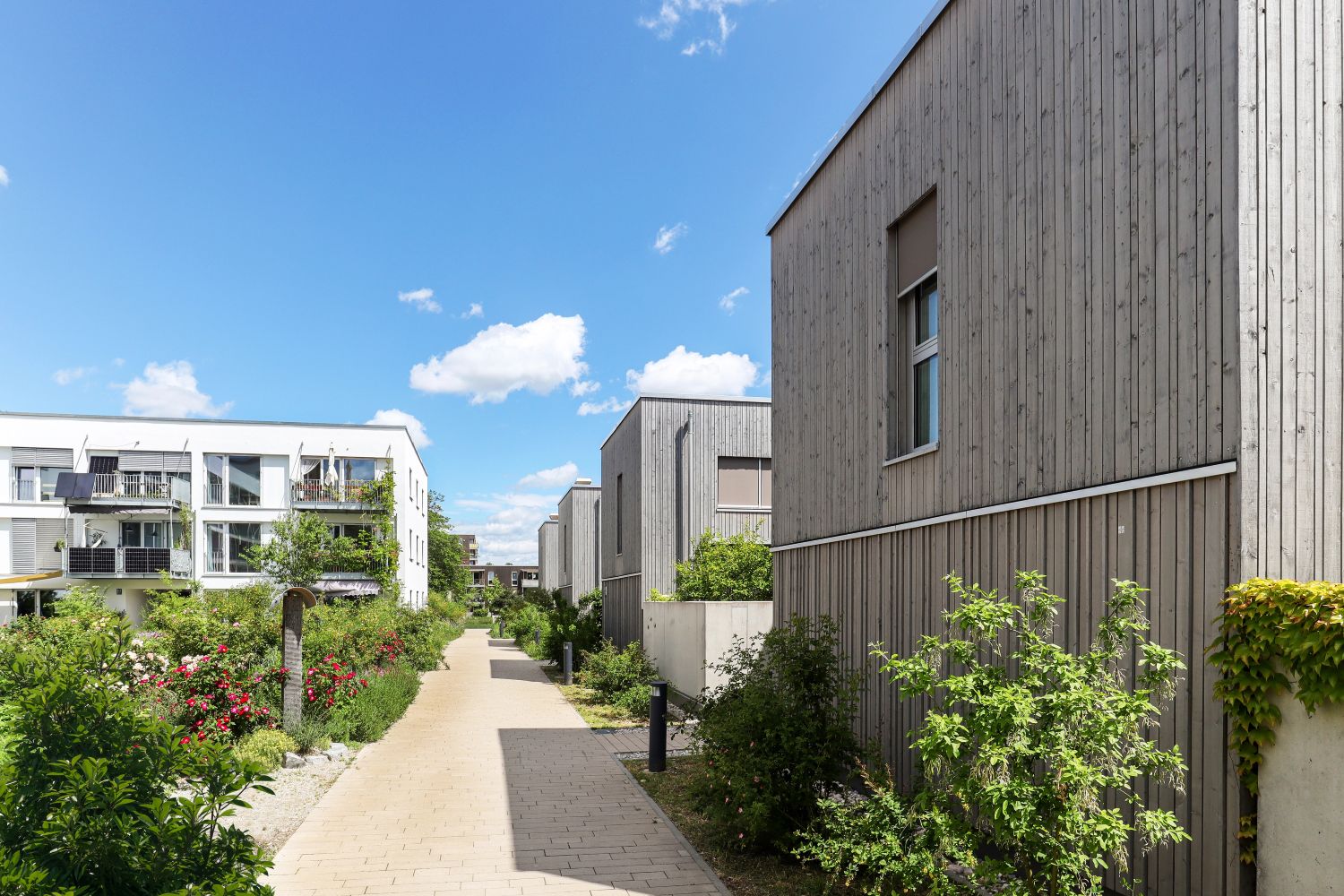To complete a Kiwisaver First Home Withdrawal you need to have been a member for at least three years. These funds must be applied toward the purchase of a residential property which you intend to live in for at least six months.
If eligible, you can withdraw all your Kiwisaver savings other than $1,000 which you must keep in your Kiwisaver account.
The funds from your First Home Withdrawal may either be applied towards the payment of a deposit where you have entered a conditional agreement or towards the balance required to purchase the property on the settlement date. A withdrawal application cannot be completed until you have a signed agreement to purchase a property.
Most Kiwisaver providers take between ten to fifteen working days to process a withdrawal on receipt of your fully signed application. The amount of days your particular provider requires is set out on their respective first home withdrawal form which can be found online. Depending on whether you are wanting to use Kiwisaver funds for the deposit on the unconditional date or on the settlement date, you need to ensure that you give your provider enough time before your required date to complete the withdrawal. This can catch out first home buyers wanting to use their Kiwisaver funds to pay a deposit on a property going to auction, as at auction the deposit is usually payable the same day you sign the agreement upon your winning bid.
The withdrawal forms include a statutory declaration to be signed whereby you declare that you are eligible to make the withdrawal. Only certain people can witness signing of the statutory declaration including a Solicitor, Justice of the Peace or Notary Public. These forms also include a letter to be signed by your Solicitor. It is important that you factor in these signing arrangements when determining the timeframes required to withdraw funds.
Once your application is processed by your provider, your Kiwisaver funds are paid to your solicitor. Your solicitor will then use these funds to either make payment of the deposit or towards the purchase price on settlement.
We are well experienced at dealing with Kiwisaver providers. If you have any questions or would like any assistance with buying your first home, please get in contact with one of our property solicitors.



